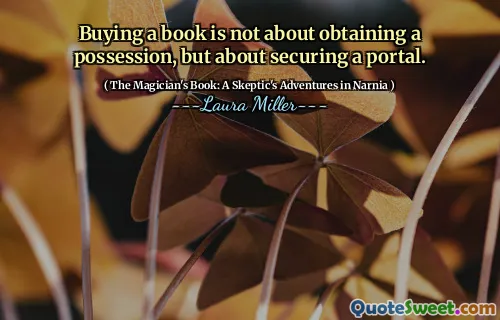If you've ever read one of those articles that asks notable people to list their favorite books, you may have been impressed or daunted to see them pick Proust or Thomas Mann or James Joyce. You might even feel sheepish about the fact that you reread Pride and Prejudice or The Lord of the Rings, or The Catcher in the Rye or Gone With the Wind every couple of years with some much pleasure. Perhaps, like me, you're even a little suspicious of their claims, because we all know that the books we've loved best are seldom the ones we esteem the most highly - or the ones we'd most like other people to think we read over and over again.
Many readers may find themselves feeling intimidated when notable figures share their preferred books, often choosing classic and complex literature like that of Proust or Joyce. This can create a sense of inadequacy for those who derive joy from rereading beloved works like Pride and Prejudice or The Lord of the Rings. It's common to feel a disconnect between the books we cherish and those that are typically regarded with high esteem.
This sentiment raises questions about authenticity in literary preferences. Often, the most loved books are not necessarily the most critically acclaimed ones. Readers might appreciate enjoyable narratives over weighty literature but worry about how their choices might be perceived by others. This dynamic is explored in Laura Miller's "The Magician's Book," where she navigates the tension between critical admiration and personal enjoyment in literature.
